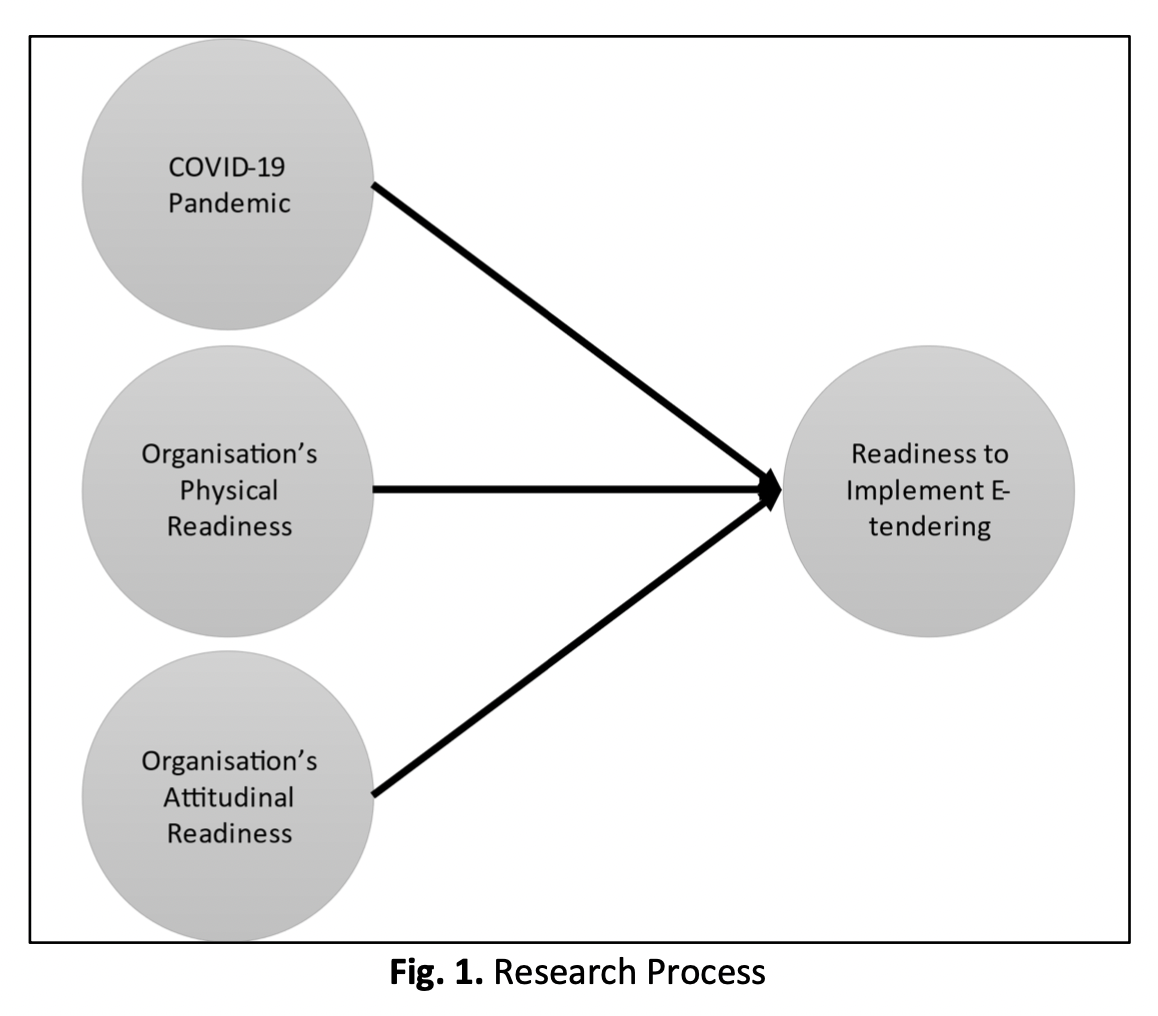The Readiness of the Malaysian Construction Industry for E-tendering after COVID-19 Pandemic
DOI:
https://doi.org/10.37934/araset.43.2.220236Keywords:
Construction industry, COVID-19, E-tendering, Malaysia, Pandemic, ReadinessAbstract
E-tendering implementation can bring significant benefits such as cost savings, transparency in contract and maximize the efficiency and resources to the construction industry. E-tendering also allows users to participate through internet where this increases the competition, lower down transaction cost and minimize the time consumption and errors in the bidding processes. This study determines the readiness level of E-tendering to the Malaysian construction industry so that the construction industries are capable to overcome the possible issues and enhance their implementation of E-tendering in Malaysia. The research applied mixed methodology. 89 respondents have participated in the questionnaire while five respondents were interviewed in the interview sessions. The results showed that E-tendering organization’s attitudinal readiness has several factors such as foresee the construction tendering practice trends, aware if the introduction of E-tendering is by the government, interested in E-tendering, foresee the increasingly importance of E-tendering to company and good knowledge of IT. The organization’s physical readiness has factors such as software facilities, network access, investment in IT, computer infrastructure and technical staff. The results can be used by policies makers to promote the adoption of E-tendering among the potential practitioners in Malaysia where this can improve the efficiency in construction projects tendering process.
Downloads





























